The reality of food expenses: Confronting student hunger
Food rests on shelves at the Wildcat Pantry on Sunday, Oct. 2, 2022, at the University of Kentucky in Lexington, Kentucky. Photo by Morgan Simmons | Kentucky Kernel
October 24, 2022
Throughout the years, UK has taken steps to address the ongoing issue of food insecurity. However, some members of the campus community have noticed that students still struggle.
Camila Pimentel, a sophomore international studies and political science major, said many students have trouble finding an affordable meal on campus.
“I know there are students without meal plans because they simply cannot afford it. They are subjected to finding other ways to eat around the area, which are very inconvenient to find,” Pimentel said.
Multiple studies have been conducted and published showing the prevalence of student hunger on college campuses, including UK’s. In 2019, an anonymous survey taken at the University of Kentucky as part of the Basic Needs Campaign showed that of almost 2,000 UK students interviewed, 43% said they experienced food insecurity on campus, with nearly half of those reporting actual hunger because they couldn’t afford to buy food.
The report, titled “Meeting Basic Needs of Students,” defines food insecurity as “limited or uncertain availability of nutritionally adequate and safe foods due to lack of financial resources.”
A survey conducted in March 2021 by Temple University’s Hope Center for College, Community and Justice, pursuing a degree has become so expensive that many students have begun rationing their money to the best of their abilities. This makes it hard for them to afford necessities such as food, clothing and hygiene products.
Additionally, according to Swipe Out Hunger, food insecurity is common at colleges and universities across the U.S., harming students’ ability to succeed in classes and decreasing their health and well-being.
Débora Patrus, a freshman psychology major from Brazil, said that food expenses are a common concern among international students at UK.
“Food here is much more expensive and of lesser quality compared to Brazil,” Patrus said. “I have a meal plan, which is 10 swipes a week, but when the weekend approaches I am left without much to eat. I can buy food to cook, but not only is that a time management issue, but it is also very expensive to buy a few ingredients. I know many students who experience the same issue.”
Sarah Harris, a five-year employee at the Wildcat Pantry, believes students are suffering now more than ever.
“Up until this year, Wildcat Pantry had a meal swipe. Students were able to get a piece of fruit, a sandwich or salad and a canned soda without using their Flex or cash,” Harris said. “That option is not provided this year, and students are upset. It can be hard to find a meal on campus, especially in the later hours.”
The Big Blue Pantry, located in the basement of the White Hall Classroom Building, is open to any University of Kentucky student with a valid UK ID experiencing food insecurity or hunger. The pantry features basic food samples (bread, eggs, milk, soups and canned vegetables) as well as personal hygiene products. Students fill out a short intake form, and their information will remain private. According to the Center for Support and Intervention website, there are no qualifications for access to the pantry other than being a UK student.
The Campus Kitchen located in 222 Funkhouser Building, ONE Community Cafe located on the second floor of Erickson Hall and the Wildcat Pantry at The 90 are also all resources across campus that assist students in need by offering flexible food options. These on-campus services provide enrolled UK students access to balanced, nutritious meals for little to no cost.
While Wildcat Pantry offers standard grocery store fare in both fresh and frozen foods, other services such as the ONE Cafe provide standard meals. The meals typically contain a protein, a vegetable and a starch, typically rice or couscous.
While these resources do provide some assistance, students believe more work can still be done.
“There are a few resources on campus, which are nice, but the lack of availability makes it hard,” Pimentel said. “For example, the Big Blue Pantry is only open for a select few hours during the weekday and is closed on the weekend. I am in class most of those times. It’s also first come first serve, so if I can manage to make a trip there, I might not find much at all.”
Lilly Morrison, a freshman English major, believes the university is lacking in nutritious options for students, which can contribute to the risk of developing health problems. Though UK Dining halls contain allergen-free food at True Balance, salads and plant-based options, they also still feature fried dishes at Bowman’s Grill and Pasture.
“I’ve noticed that all the options here are so unhealthy,” Morrison said. “There are very limited nutritious choices for students. We are all beginning to develop our healthy routines by ourselves for the first time, and it’s hard to do that with what we’re given.”
Patrus agreed, suggesting multiple routes UK could take to further promote student health.
“Hosting more events with produce and healthier options would be a great help,” Patrus said. “We don’t have much access to healthy food, so implementing more of that in the dining halls would be amazing. Putting more meal options instead of snack foods in the pantries would also be beneficial.”







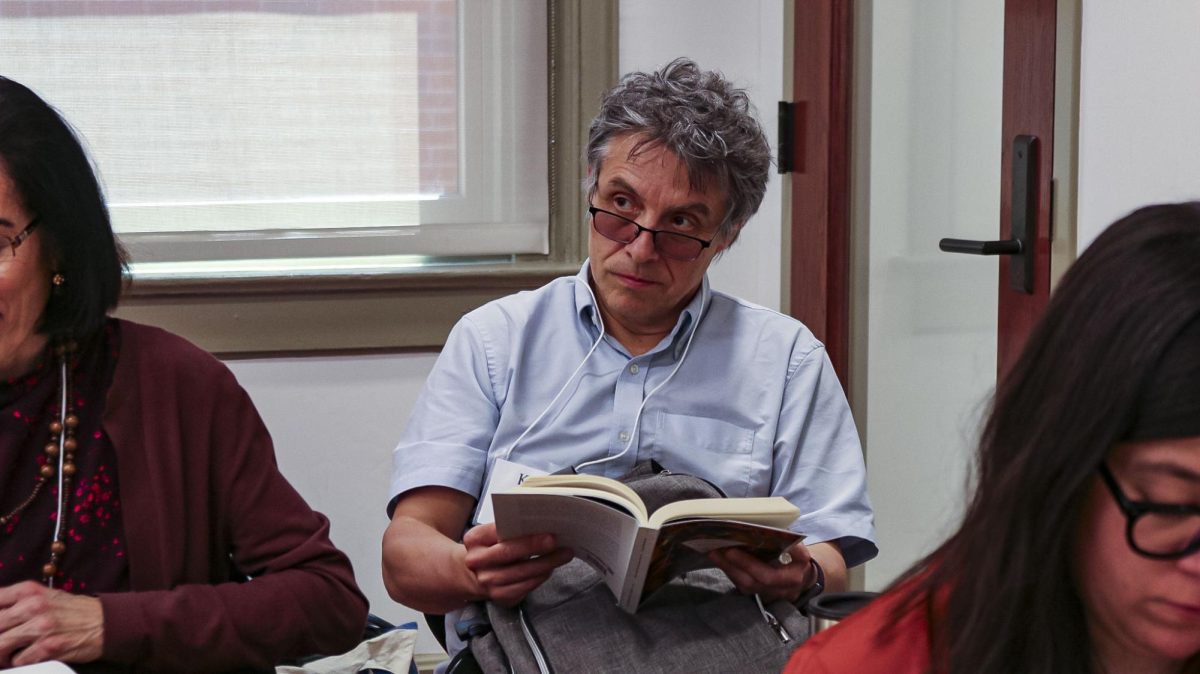
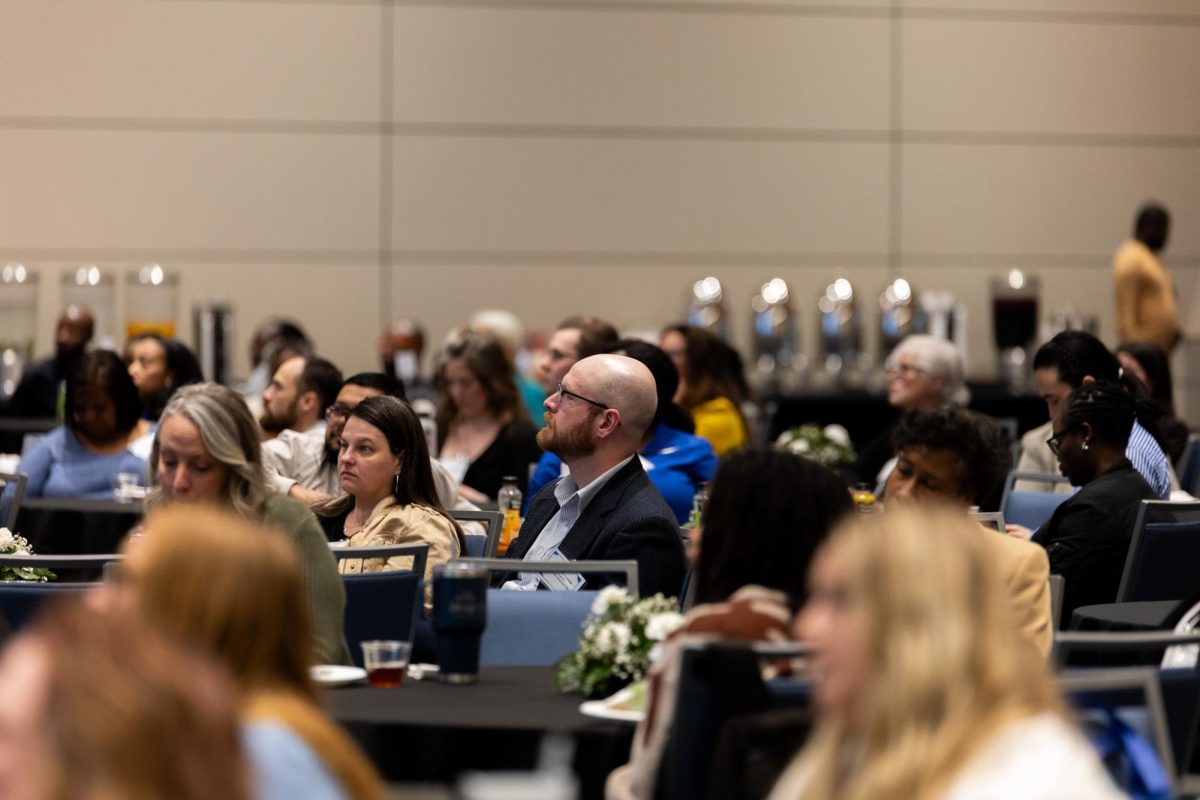






























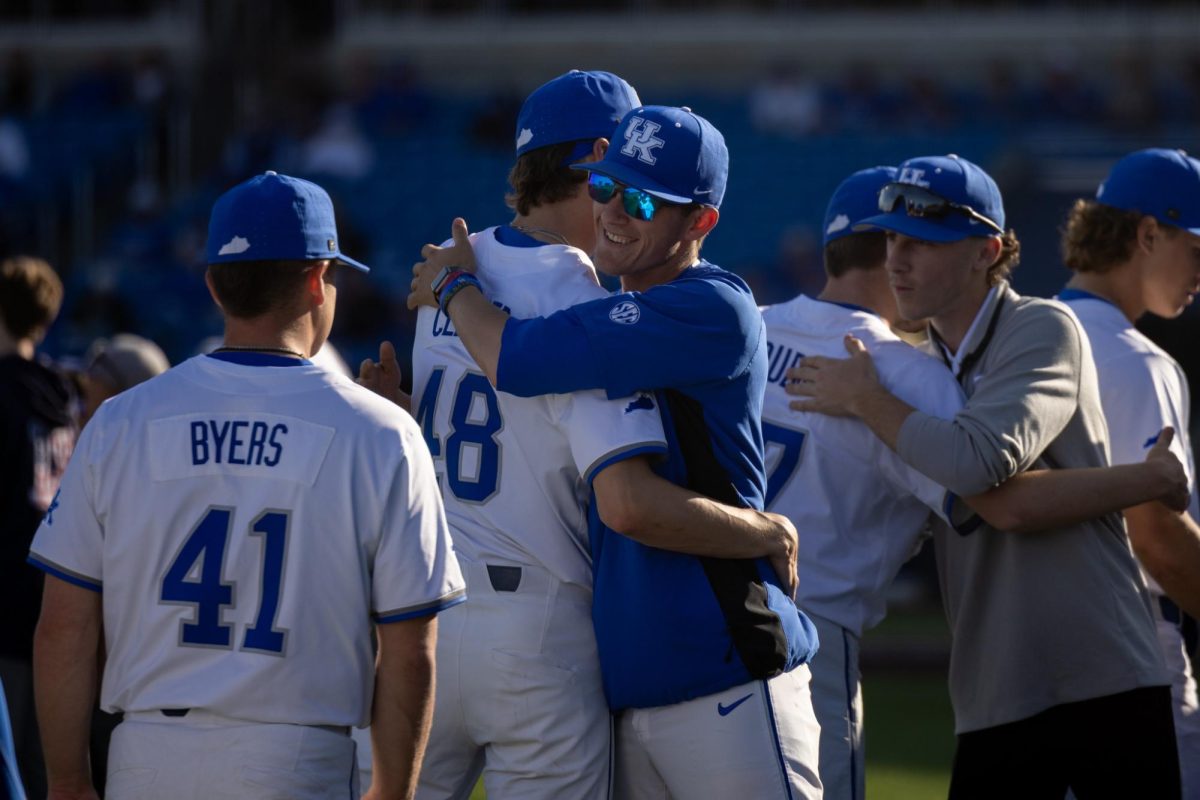

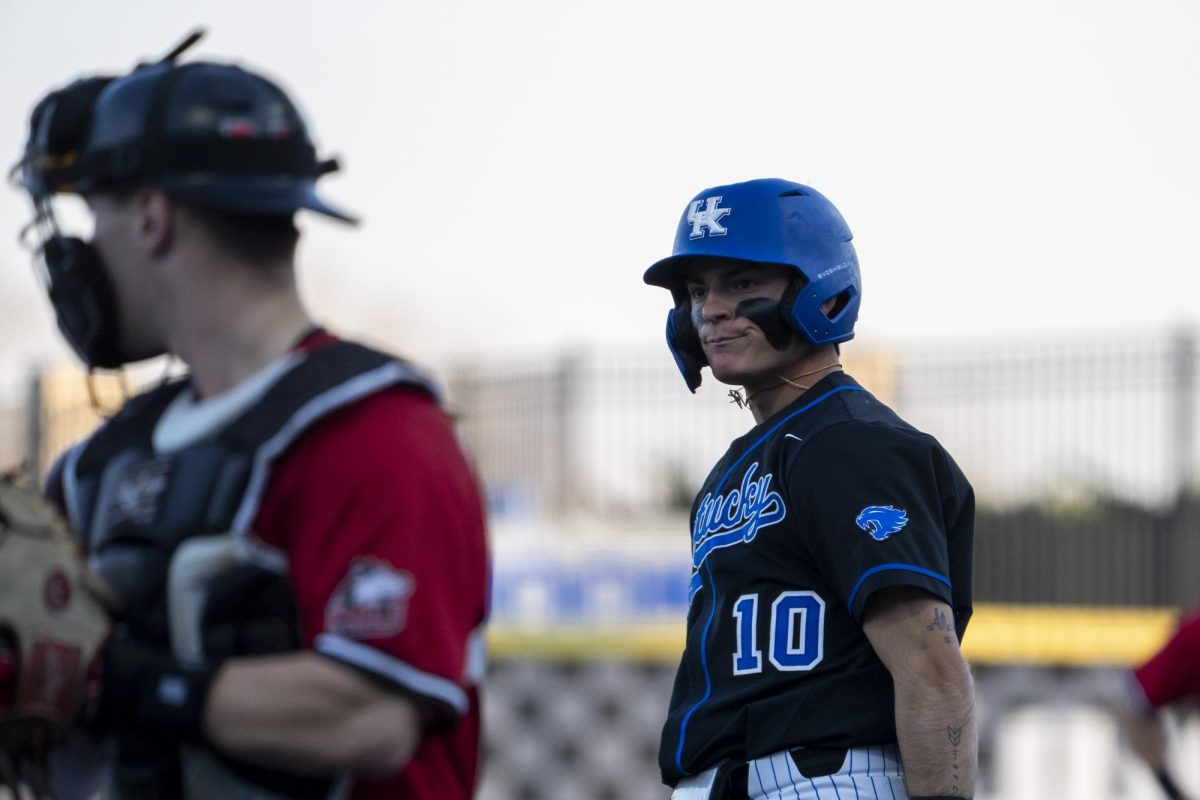
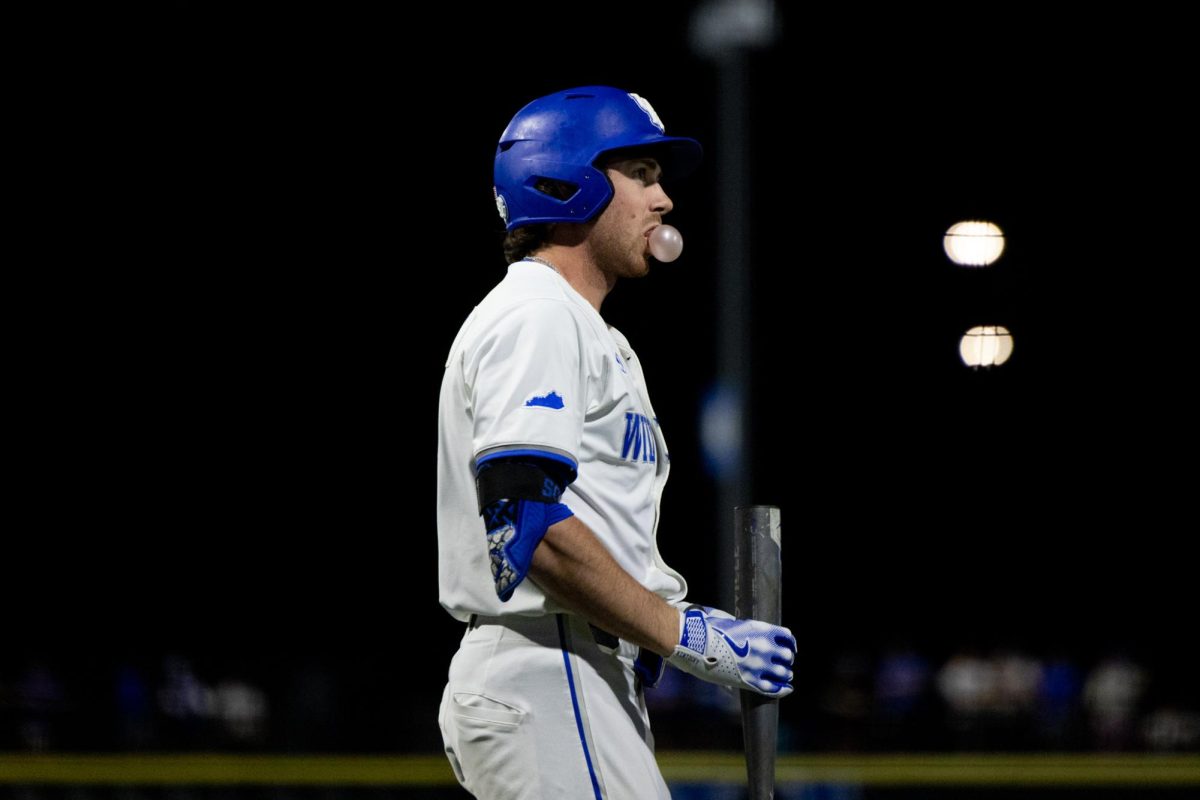





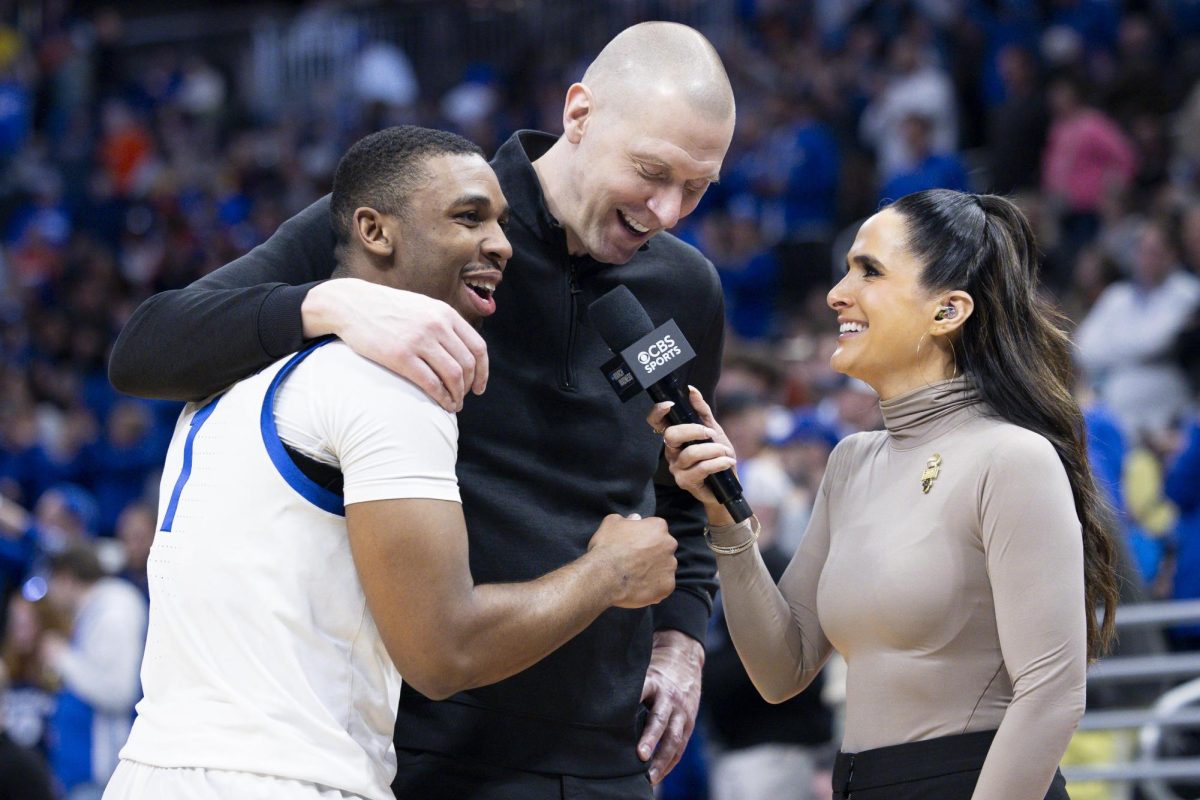
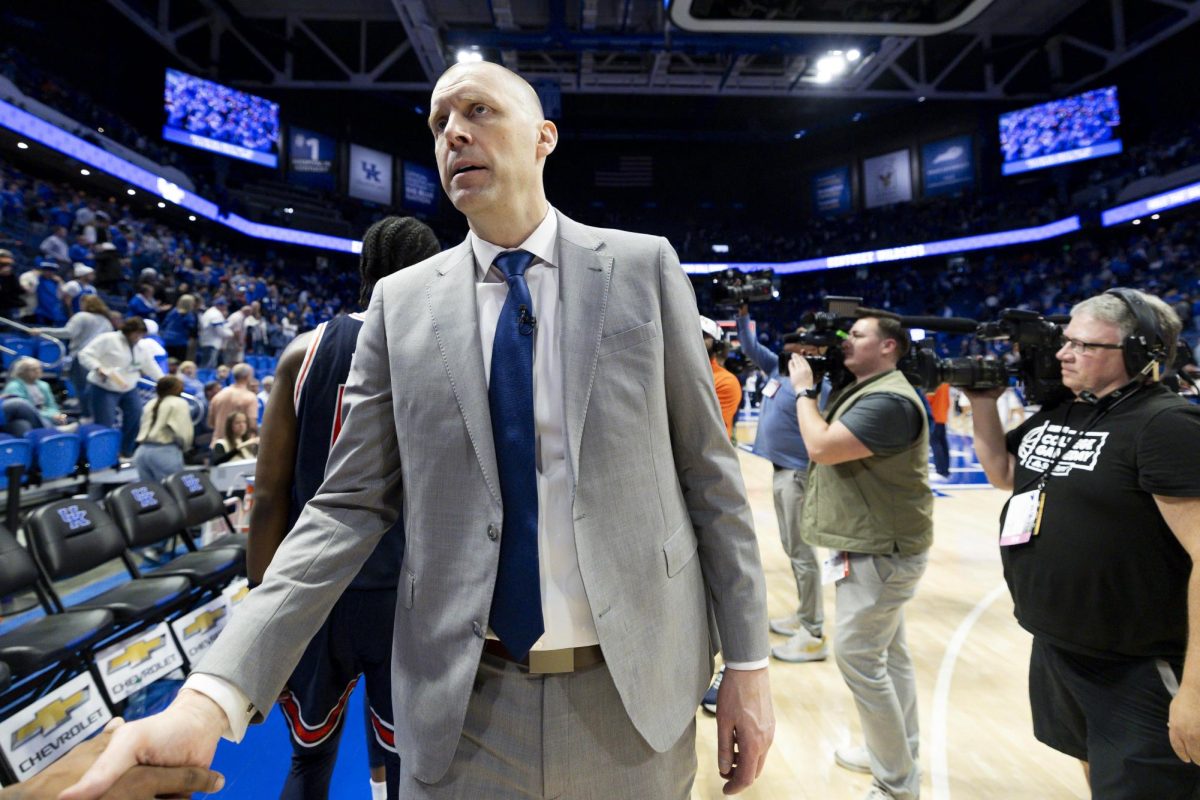
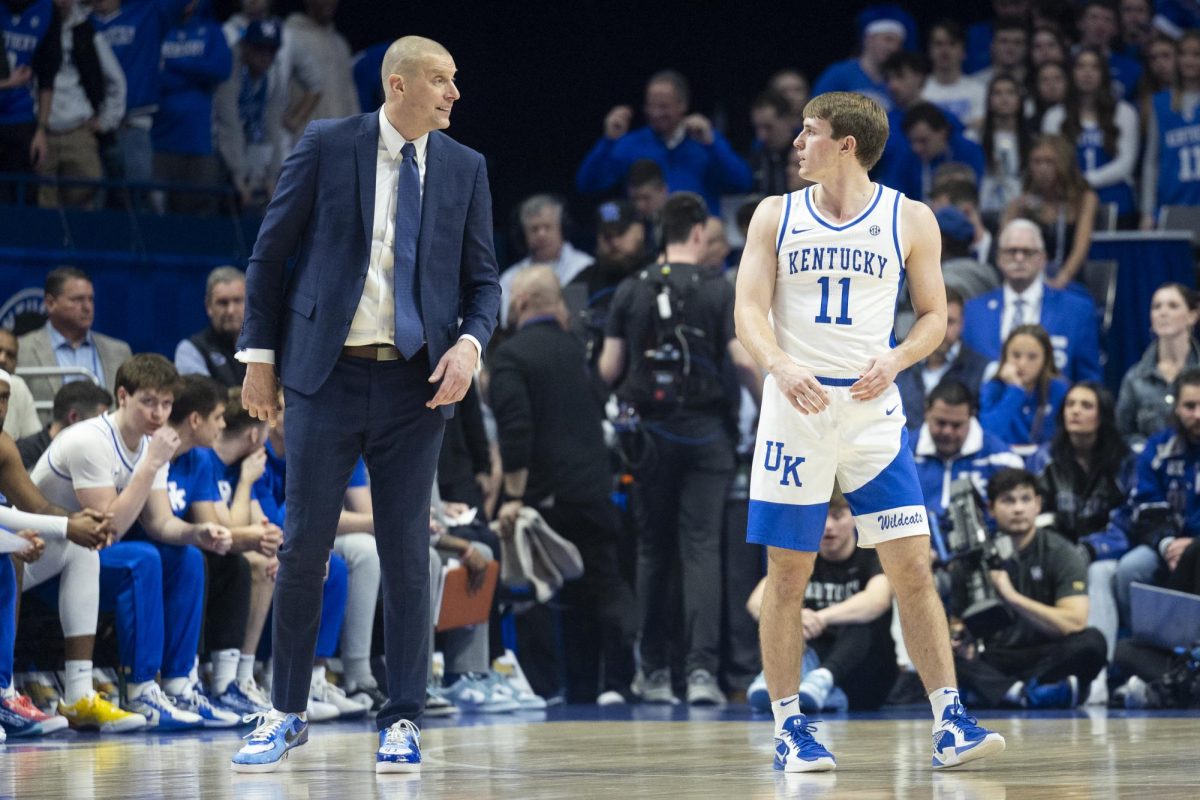
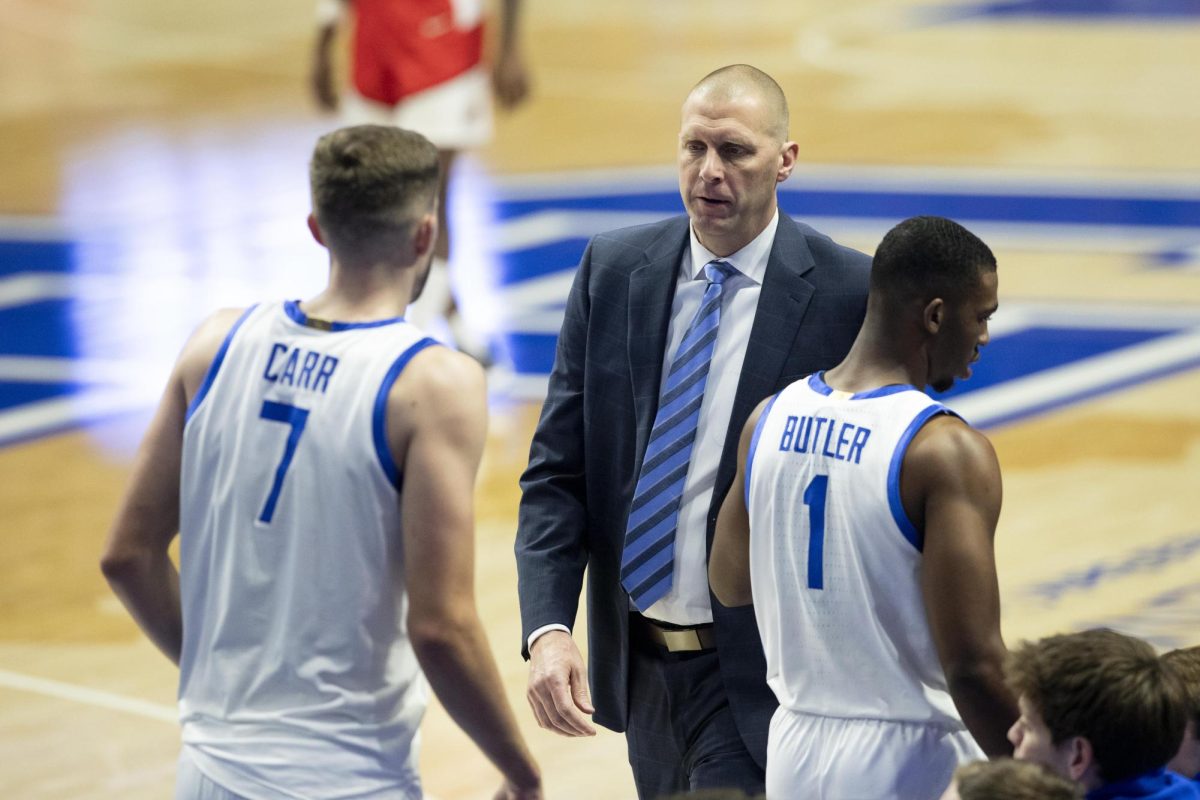
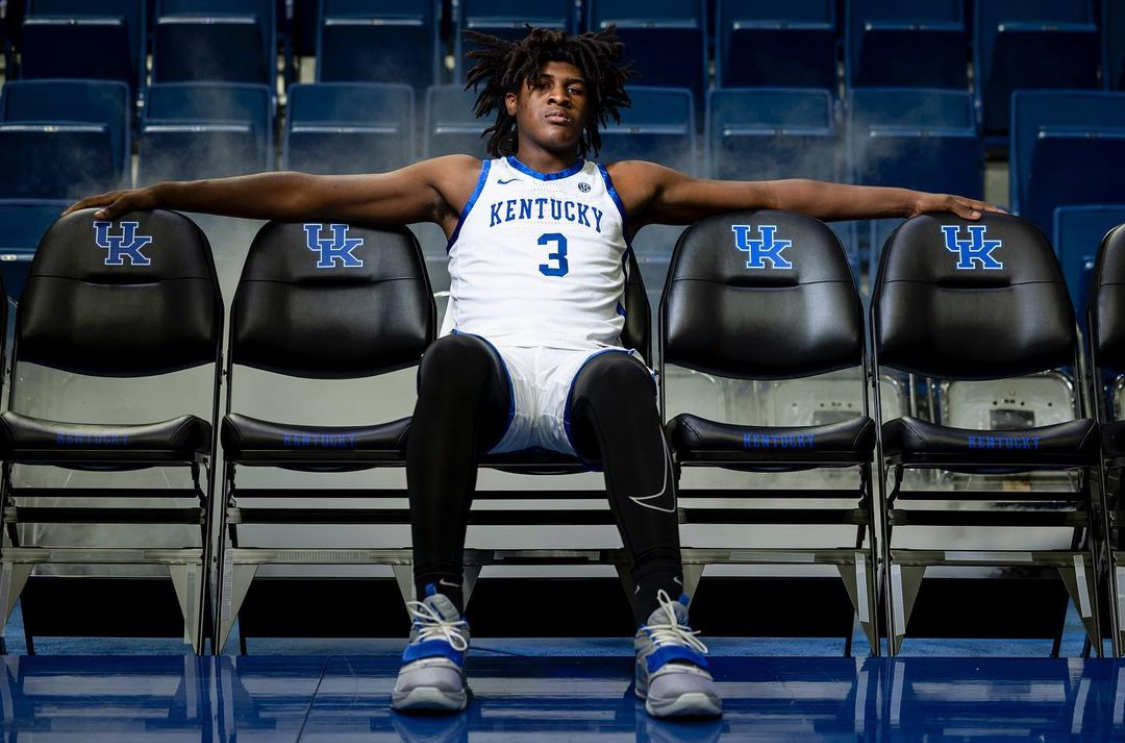









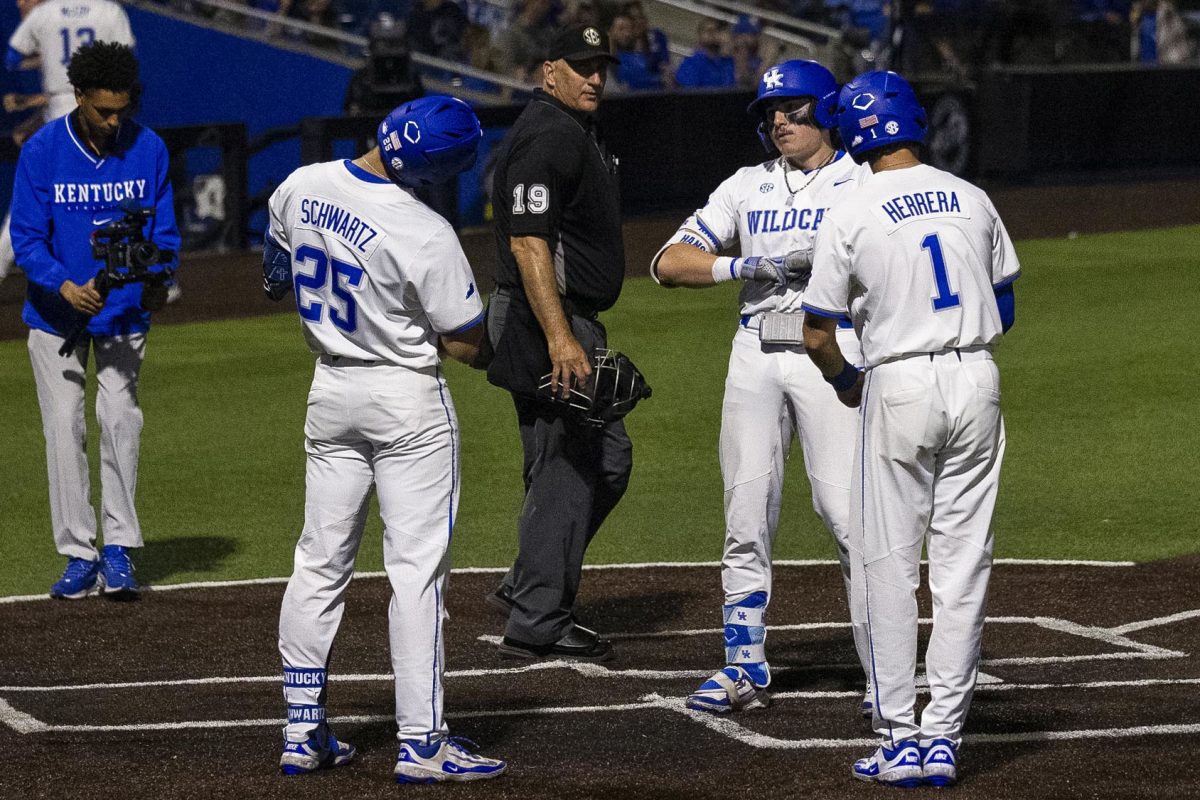










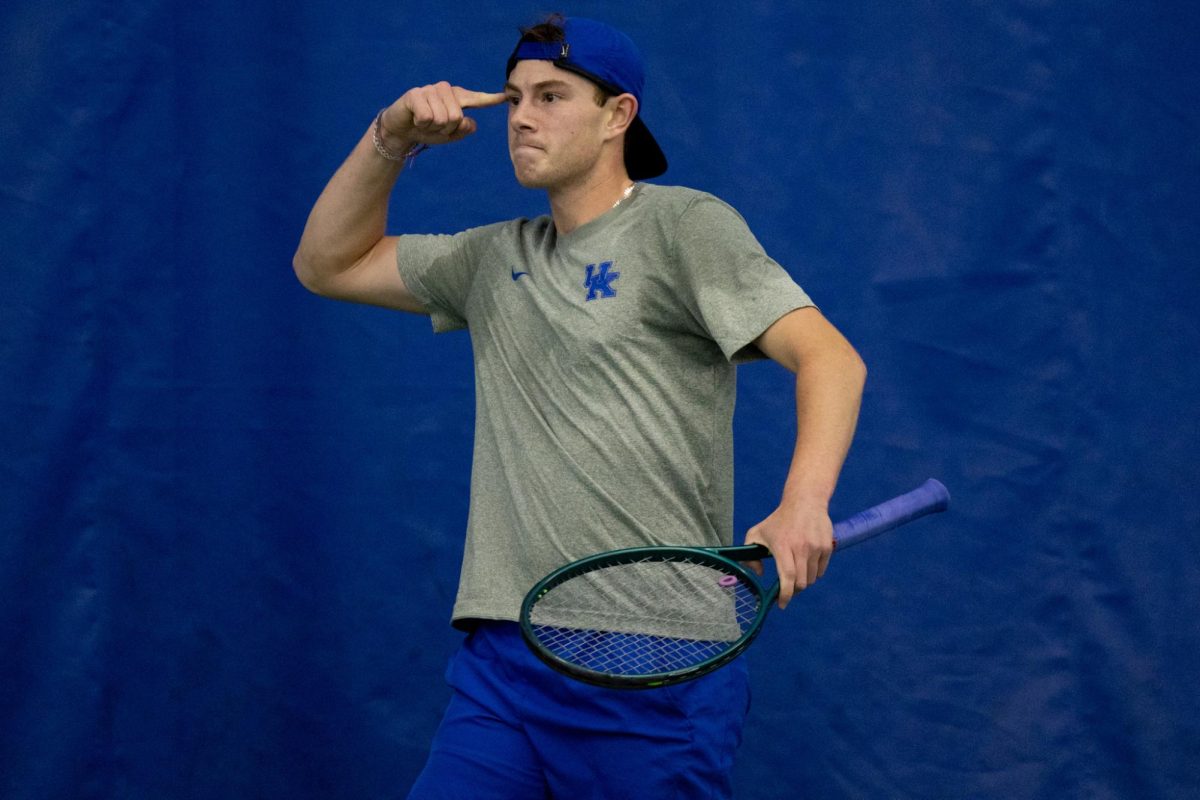




























































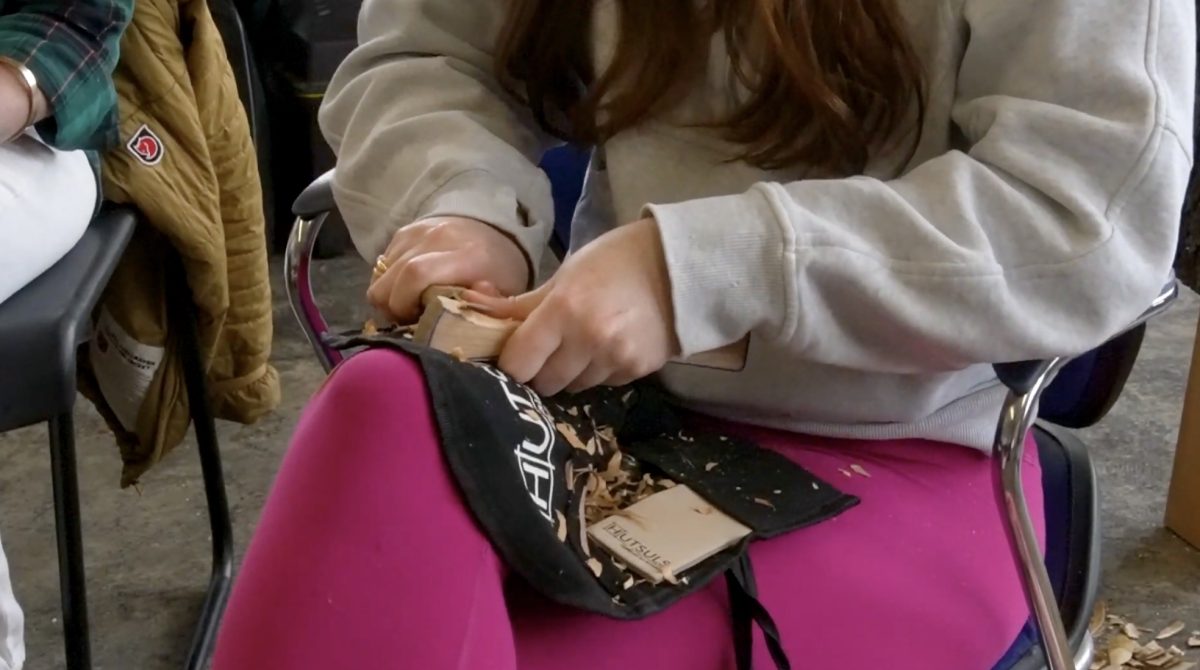










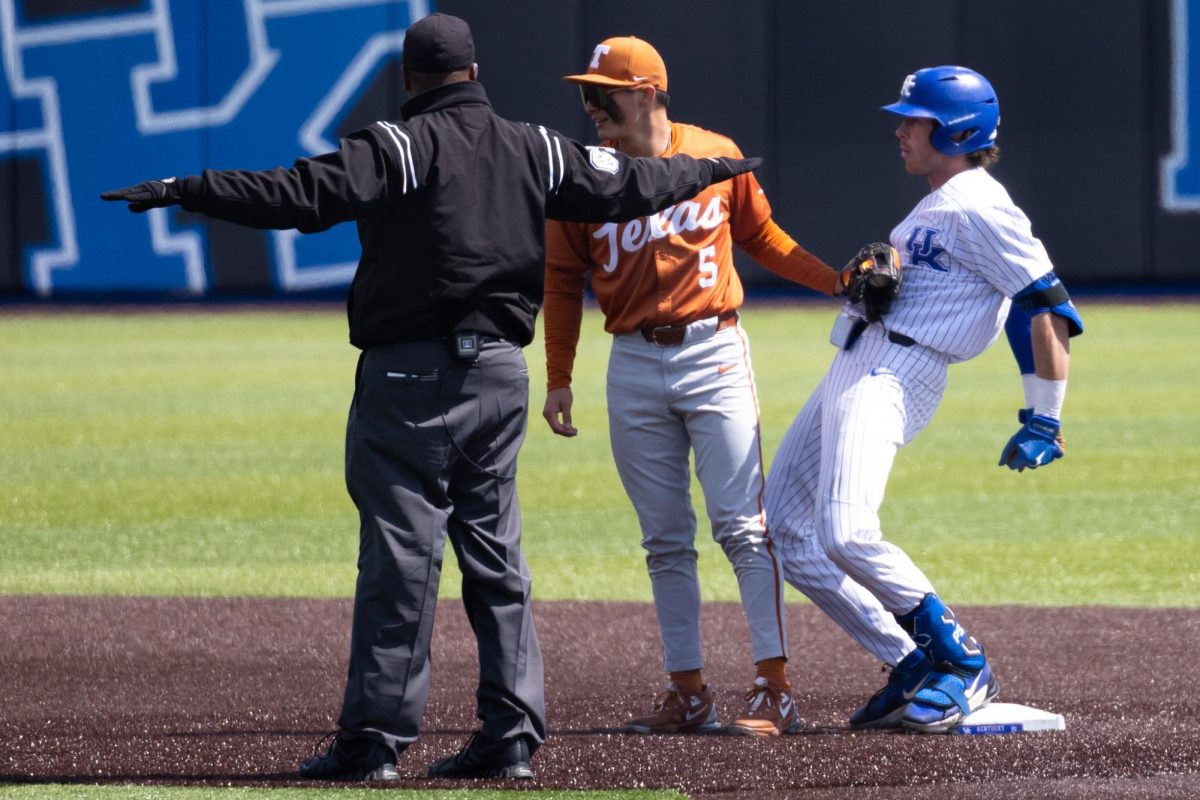
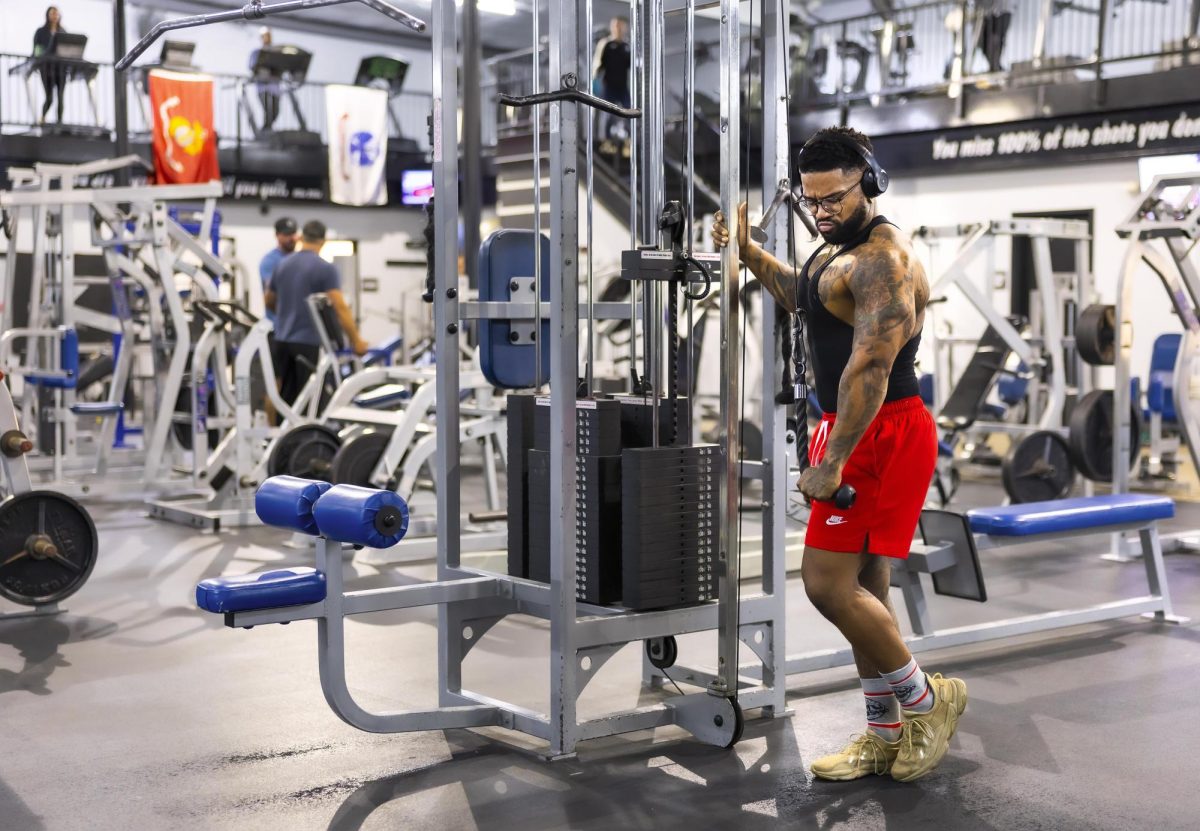




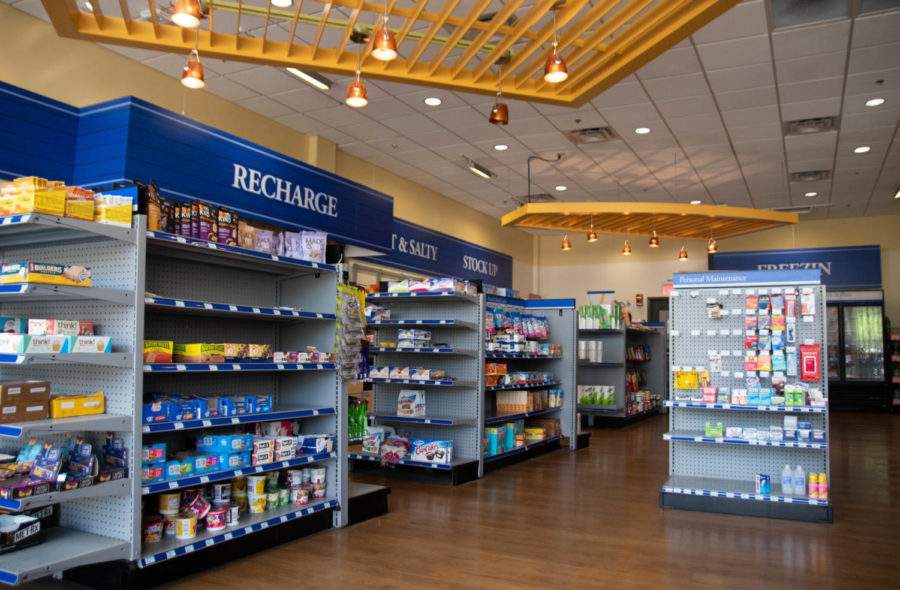
Felicia • Oct 24, 2022 at 4:09 pm
Please continue to share information on this, including how the community can advocate and support initiatives that support health outcomes of students.